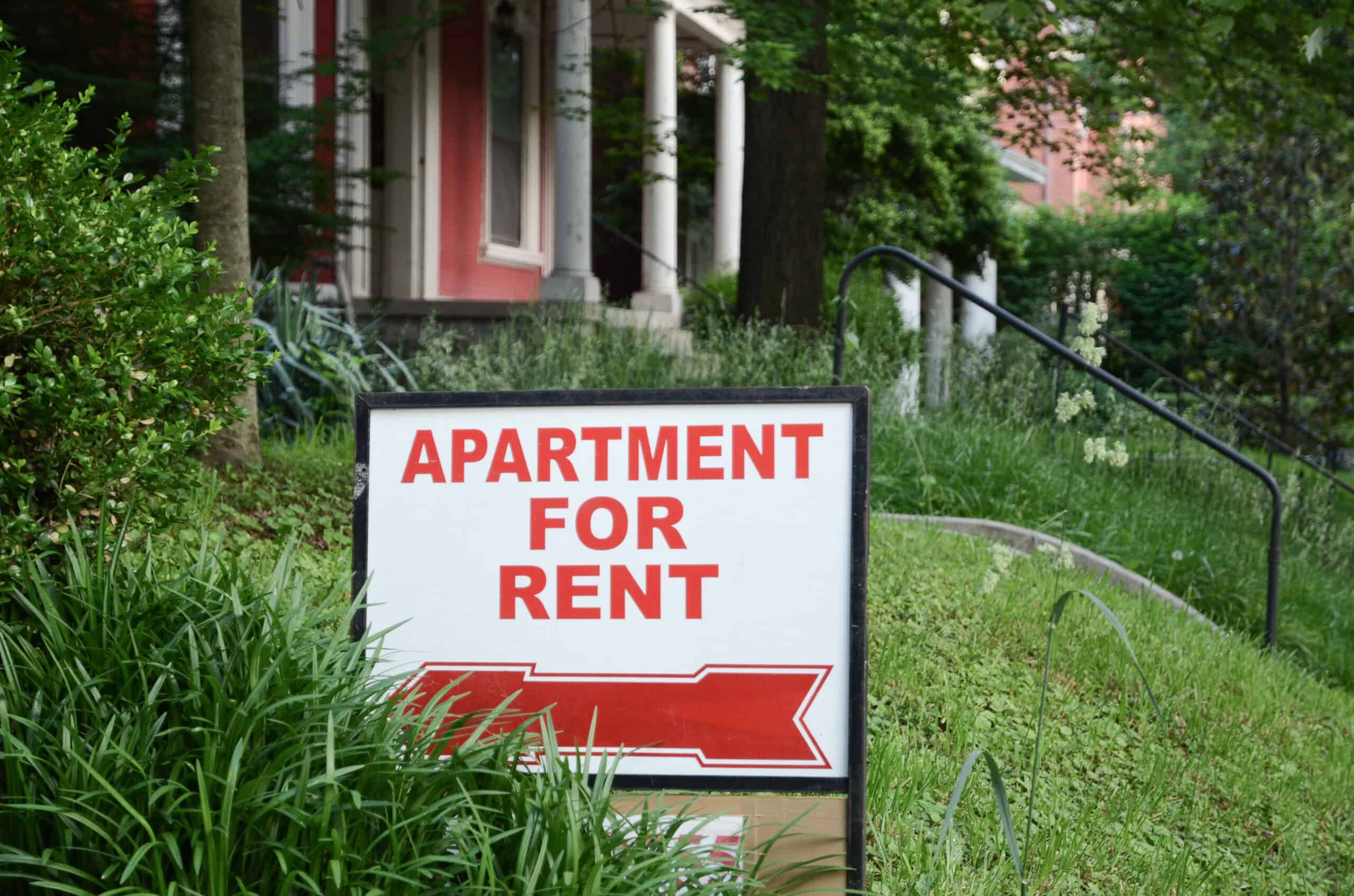

Real estate is one of the most popular investments that Americans want to make. As an investment, real estate is generally considered safe, as properties almost always appreciate in value. Because of this, it’s consistently a favorite asset compared to other long-term investments such as gold.
Owning rental properties is a great way to generate income by using an existing asset. Take these eight tips with you before starting your journey to invest in real estate and become a landlord.
1. Understand the responsibility of being a landlord

A landlord is the owner of the property being rented out — which means you’ll be taking on all of the responsibilities that come with owning a piece of property. This includes some not-so-sexy aspects of homeownership, such as paying taxes and footing the bill for maintenance and repairs.
You’ll also have legal responsibilities to your tenant. You will need to provide a habitable space for your renters. Every state has its own set of requirements, but this typically includes proper structural and health standards, hot water, plumbing, electric, gas, and operable locks. If a roof starts leaking, you’ll need to call in a repairman as soon as possible for your tenant. Not just because no one likes to live with a leaky roof, but because a leak can quickly make a space uninhabitable.
Mold, pest infestations, and appliance repairs will also usually be your responsibility to mitigate.
2. Research the risks

Real estate is one of the safest investments you can make, but that doesn’t necessarily mean renting out a property will be easy money.
Tenants can be unpredictable, and if they decide to break their lease and move early, you’ll still have to foot the monthly mortgage and expenses without a rental income. You’ll also need to read up on fair housing laws, squatters’ rights, eviction rules, and landlord-tenant laws that pertain to your state, county, and city.
When a tenant stops paying rent, it may seem like a cut-and-dry issue where the landlord sues in small claims court and the tenant has to pay up. Sometimes it is that simple, but depending on the situation and your location, you may not be legally allowed to evict.
3. Know your finances

As with any investment, you’ll want to take a good look at your finances before purchasing a property that you plan on renting out. Consider everything you would when purchasing a property for yourself, such as interest rates, the state of the market, and how much work needs to go into the property before someone can move in.
And because renting a property out can be unpredictable, make sure to ask yourself if you can afford the monthly bill without a tenant for at least a few months out of the year.
4. Know your expenses

As mentioned before, you’ll be on the hook for all the maintenance and repairs of your rental property. Zillow estimates that the hidden costs of homeownership can amount to over $1,000 per month on top of the mortgage payment.
Go in with a clear head and realistic understanding of what you’ll be paying every month, aside from just the mortgage payment.
5. Prioritize location

Location may not be at the top of your list when purchasing a home for yourself, but it’s not something you want to skimp on with rental properties. A desirable location will typically mean you’ll have a reliable stream of potential tenants.
Purchasing a property in a small town may seem desirable to you, but small towns typically have fewer folks looking to move. Even a, spacious, updated, and charming home might not find a tenant in a rental market with little to no demand.
6. Research the rental market in your area

Before purchasing a home with the intent of renting it out, it’s a good idea to do a little research on what similar properties go for in that rental market. Take a look at what’s available on the market, and compare your potential property with them.
What do homes with similar square footage, bedrooms, and bathrooms go for per month? Do they have more or less amenities and features? Are they more updated or do they have newer appliances? Are they in a more desirable neighborhood? Does the landlord include utilities in the price, or are utilities an extra cost to the tenant?
These are all questions you’ll want to ask yourself when considering how to price your unit or property.
You may also want to see how long similar properties typically sit on the rental market before finding a tenant.
7. Work with a knowledgeable agent

You may feel compelled to work with the same real estate agent who helped you purchase your home when looking for a rental property. But it might be better to shop around a bit. It will be important to work with a knowledgeable agent who understands both the sales and rental markets in your area. They will be able to help you put in a reasonable offer and negotiate the sale, while also advising you on popular and desirable neighborhoods where renters are looking.
If a real estate agent you’ve worked with in the past has knowledge in both areas, you should feel free to work with them. But there’s nothing wrong with asking that agent for a recommendation if they don’t feel like they have the appropriate experience to best guide you in your search for a rental property.
8. Consider working with a property management company

Being a landlord can be a lot of work. You need to constantly be on call for your tenants, call in repairs, and make sure that the property is well taken care of. All of those tasks are a job in and of itself. So, if you think that the tasks involved in being a landlord are too overwhelming, it may be worth it to hire a property management company.
Hiring a third party will help make your life simple. The property management company can do things for you such as advertise your property, collect rent, and provide a point of contact for tenants to reach out to when something goes awry. They’ll call in repairs when needed, and keep detailed records of any costs incurred at the property so that you can claim these on your taxes. They will also work hard to make sure that your property is always being rented out, which you as a homeowner may not necessarily have the time or resources to accomplish.
Property management companies are especially useful for real estate investors with multiple properties, those who live in a different location from their rental property, or anyone who simply doesn’t want to deal with the administrative work that comes with being a landlord.
The extra cost is definitely something to consider, especially for those just getting started in real estate investing. A property management company will usually charge somewhere between 8 and 12 percent of the monthly rent, or a flat monthly fee. There may be additional fees that you’ll need to pay, depending on the company and the type of property you’re renting out.
Take This Retirement Quiz To Get Matched With An Advisor Now (Sponsored)
Are you ready for retirement? Planning for retirement can be overwhelming, that’s why it could be a good idea to speak to a fiduciary financial advisor about your goals today.
Start by taking this retirement quiz right here from SmartAsset that will match you with up to 3 financial advisors that serve your area and beyond in 5 minutes. Smart Asset is now matching over 50,000 people a month.
Click here now to get started.
Thank you for reading! Have some feedback for us?
Contact the 24/7 Wall St. editorial team.



